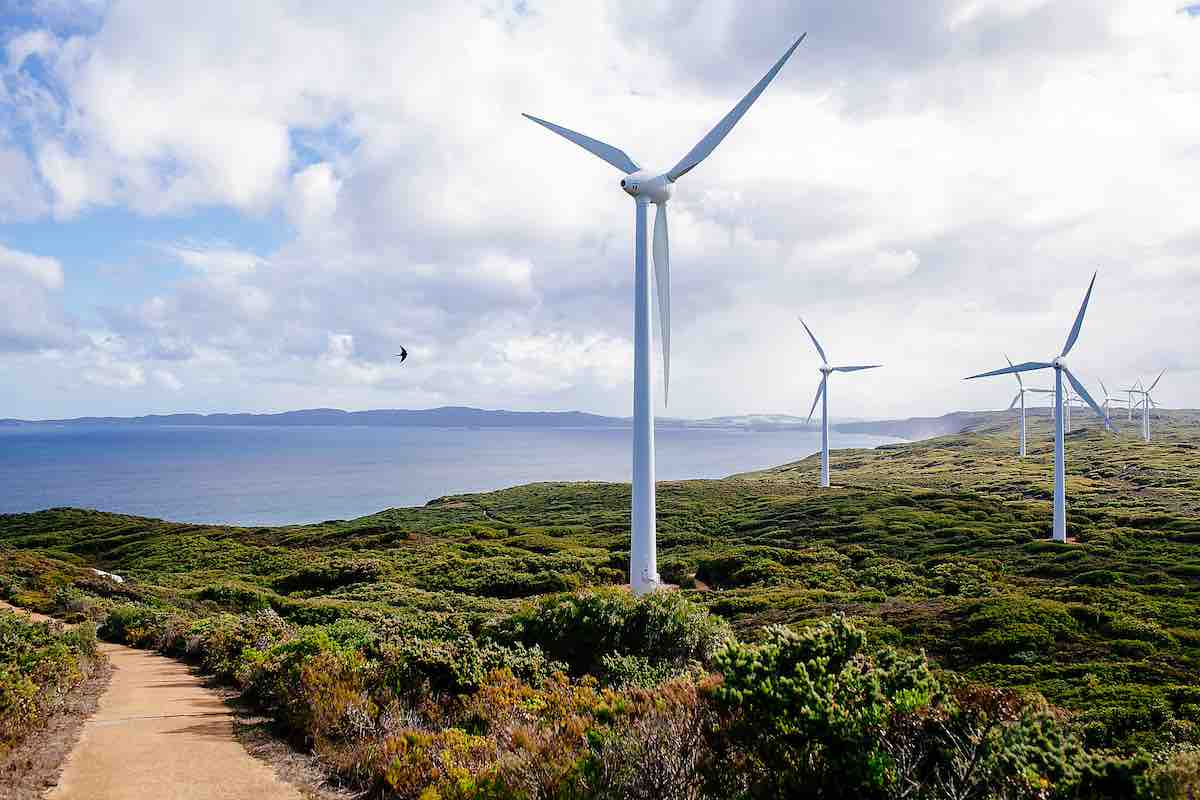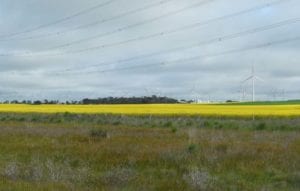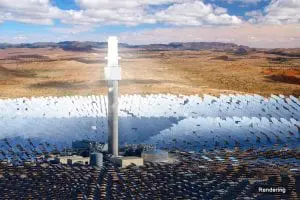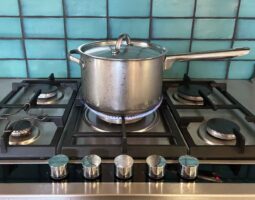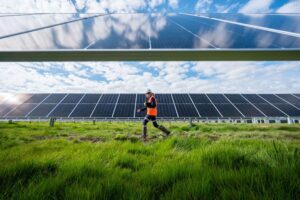Western Australia will rewire the state for new energy-intensive projects and reboot the critical minerals industry to retain the crown as “the engine room of the economy”.
The 2024/25 budget released on Thursday allocated $324 million to transmission infrastructure for the state’s main electricity grid, which is separate to the so-called national electricity market, to connect more renewable energy.
In addition, $148 million will go to the construction of common user electricity network infrastructure in the Pilbara to support industrial expansion.
While some producers were looking for royalty relief for existing operations, the centrepiece of the economic diversification budget was a $500 million “strategic industries” fund for newcomers.
Premier Roger Cook said the $500 million fund would open up industrial land across the regions and in Perth to attract major clean energy industries of the future to the state.
An initial $125 million will open up new industrial land at Latitude 32 in Kwinana, $20 million has been allocated to develop general industrial land in Karratha and in the Peel region, and $20 million to unlock land in the Goldfields and South West.
These allocations are in addition to $35 million for the Pilbara in the previous budget and on top of the $160 million industrial lease incentive scheme announced in late 2023 to entice clean energy projects.
With hopes for hydrogen production, which is a water-intensive industry, $320 million was allocated to upgrade vital water infrastructure.
Some $200 million has been allocated to a new critical minerals processing facility to be shared by users to help explorers and miners get their products into the market quicker to meet global demand for battery materials.
Resource-rich WA already accounts for nearly half of national exports, generating almost $260 billion in wealth for the nation.
Treasurer Rita Saffioti said streamlining approvals was crucial for potential investors, after a review found processes had become overly complex and were stifling investment without delivering environmental benefit.
“We’re really keen to reduce delays in getting new projects off the ground, which will help us remain the engine room of the national economy while also diversifying and setting it up for the future,” she said.
Some $36.4 million has been allocated to slash green tape and speed up approvals, with cross-sector triage teams to be set up within regulatory agencies.
The treasurer promised the “immediate review and rapid up-front assessment” of applications received, including for green energy projects.
AAP

